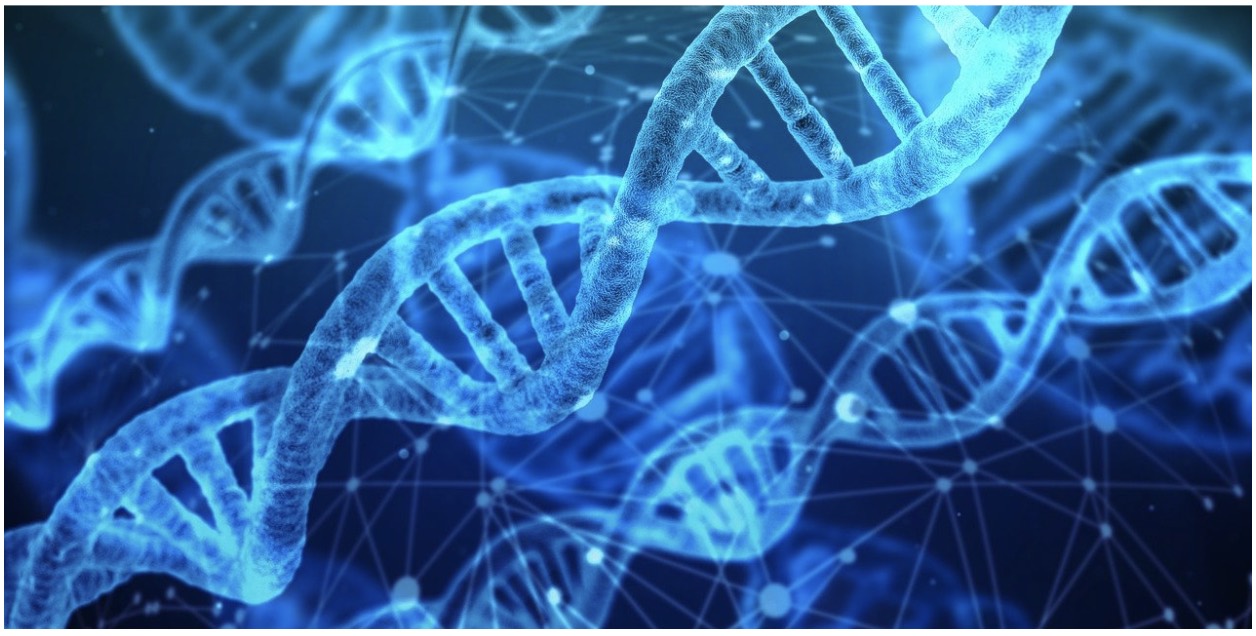
Genetic data has had a major moment in the spotlight of tech development, given the many advancements of what we can discover through it. Though medical professionals like endocrinologists or geneaologists have been using genetic data for decades to identify potential health risks or treatment plans, private companies utilizing it is relatively novel.
But this shift in opening up seemingly sensitive and incredibly personal information to the private sector has not come without backlash. Genetic testing companies like 23andMe or Ancestry have been landing in hot water for almost a decade over their practices regarding genetic data handling. For the average person, spitting in a tube and finding out your family lineage and potential future health risks from cheerful graphics seems harmless, but what were to happen in an actual dire situation?
Legal protections surrounding genetic data and how private companies harness the information it provides are opaque at best. We’ve sat down with Evyatar Ben Artzi, Co-Founder and CEO of Darrow, an AI-powered justice intelligence platform that discovers undetected legal violations (including privacy breaches), to illuminate the true cost of granting private tech companies to have insight on the most sensitive of information.
How would you describe the significance of genetic data and why is there so much controversy around private companies having access to it?
Genetic data is the code for the human machine. It has all the information needed to build us throughout our lives. It has the key to our futures and unimaginable data about our past.
Thinking about humans like a piece of software allows us to understand genes as source codes. You wouldn’t share the source code of a precious piece of software you built without proper protection, right? Then the same goes for genetics. But furthermore, because genes are the source code of us, they are the most precious piece of information we own.
It seems like genetic data has a lot of potential that seem like science fiction, what are some concrete benefits of understanding its implicatons now?
Think of the potential in understanding our genetic code: we could predict illness in advance; cure unknown disorders; improve our mental state; even craft the right makeup. There are also potential harms: genes are code, and so one can use them to make observations and predictions about us without our control. If someone can predict my future illnesses in advance, they may make decisions that affect me by using characteristics out of my control. For the same reasons that we deny racist considerations in employment, insurance, or politics, so must we deny them in genetics.
Of course, sometimes if people know of a potential impairment, they could help deal with it. Think of a workplace making adjustments to accommodate an employee who uses a mobility scooter. Without knowledge of the condition, the employee might have been asked to climb six flights of stairs to get to work everyday. Same goes for genetic data: it can be helpful.
How does genetic data or information differ from personal data that any company could collect from a website or app?
A major difference between genetic data and other forms of private information is its lack of anonymity. Genetic information can rarely, if ever, be deidentified. Therefore, once someone has even a small snippet of your genetic data, even if it has been anonymized or aggregated in some form, they have direct personal knowledge about you.
So what are the rules of engagement? Like with all private data, autonomy is the guiding principle. Genetic data should be captured and collected only with the informed consent of the subject. The data cannot be shared or used in any form without further informed consent. Because of its unique sensitivity, consent to transfer genetic data cannot be given alongside the consent to use other data, for risk that someone neglects to pay proper attention.

What is the major risk of companies having access to genetic data, are there any protections if it gets misused or something goes wrong?
The major risk of allowing others to use your genetic data is losing autonomy, or the liberty to direct the course of your life without interference. If you provide your genetic information to private companies, you should be prepared that it would fall in the wrong hands following a data breach. If that happens, you might be able to receive compensation even before actual misconduct, in light of the Supreme Court’s recent decision in Transunion v. Ramirez.
How can companies properly disclose what genetic data is being used for? Could there be a function similar to an online Terms & Conditions page?
When you give away your data you are expected to carefully read the intricate terms of service as well as the privacy policy. Of course, if we were to read these every time we provide our data, we would waste 20% of our time, every year. Therefore, even if we do want people to be able to engage in free dealings online, there are some areas in which we need rules respected by every corporation regardless of consent. But we still lack such rules. Some companies that collect genetic data turn a profit by sharing that data with third parties such as law enforcement or insurance companies, without getting the informed consent of data subjects. This may generate covert discrimination that we just can’t fight.
Are there any ways that people can avoid compromising their genetic data?
First of all, the best way to avoid risks is to just refrain from handing over any genetic data to others. But if you do share this data, read the full terms of service and privacy policies. Second of all, vote for elected officials with clear agendas about genetic data protection. Third of all, join the fight against the abuse of genetic data. If you have been hurt by misuse of your genetic data, help others by seeking legal counsel and considering filing a class action lawsuit against wrongdoers. Corporations are best deterred when revenues are at stake.
Advertising disclosure: We may receive compensation for some of the links in our stories. Thank you for supporting LA Weekly and our advertisers.
